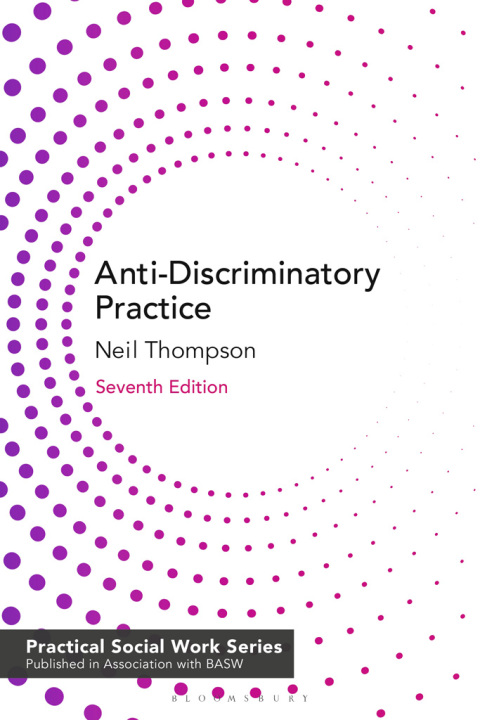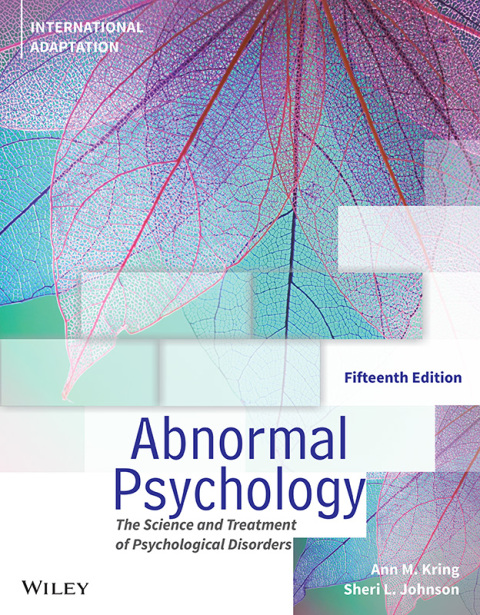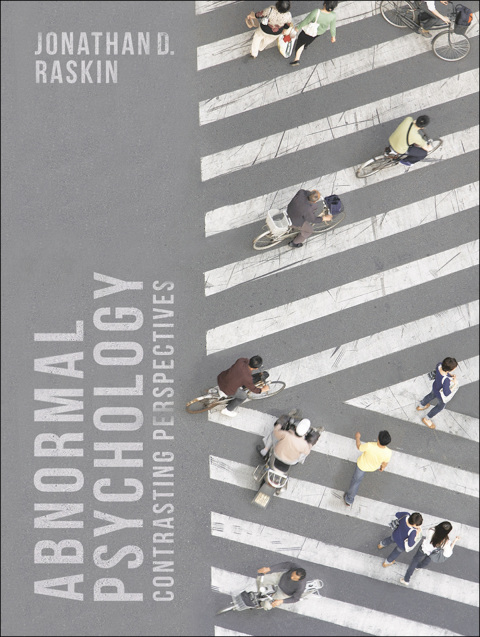Description
Efnisyfirlit
- Cover
- Title Page
- Contents
- Preface
- Terminology
- Introduction: Instincts and Human Passions
- Part I: Instinctivism, Behaviorism, Psychoanalysis
- 1. The Instinctivists
- The Older Instinctivists
- The Neoinstinctivists: Sigmund Freud and Konrad Lorenz: Freud’s Concept of Aggression
- Lorenz’s Theory of Aggression
- Freud and Lorenz: Their Similarities and Differences
- 2. Environmentalists and Behaviorists
- Enlightenment Environmentalism
- Behaviorism
- B. F. Skinner’s Neobehaviorism
- Goals and Values
- The Reasons for Skinnerism’s Popularity
- Behaviorism and Aggression
- On Psychological Experiments
- The Frustration-Aggression Theory
- 3. Instinctivism and Behaviorism: Their Differences and Similarities
- A Common Ground
- More Recent Views
- The Political and Social Background of Both Theories
- 4. The Psychoanalytic Approach to the Understanding of Aggression
- Part II: The Evidence Against the Instinctivist Thesis
- 5. Neurophysiology
- The Relationship of Psychology to Neurophysiology
- The Brain as a Basis for Aggressive Behavior
- The Defensive Function of Aggression
- The “Flight” Instinct
- Predation and Aggression
- 6. Animal Behavior
- Aggression in Captivity
- Human Aggression and Crowding
- Aggression in the Wild
- Territorialism and Dominance
- Aggressiveness Among Other Mammals
- Has Man an Inhibition Against Killing?
- 7. Paleontology
- Is Man One Species?
- Is Man a Predatory Animal?
- 8. Anthropology
- “Man the Hunter”–The Anthropological Adam?
- Aggression and Primitive Hunters
- Primitive Hunters–The Affluent Society?
- Primitive Warfare
- The Neolithic Revolution
- Prehistoric Societies and “Human Nature”
- The Urban Revolution
- Aggressiveness in Primitive Cultures
- Analysis of Thirty Primitive Tribes
- System A: Life-Affirmative Societies
- System B: Nondestructive-Aggressive Societies
- System C: Destructive Societies
- Examples of the Three Systems
- The Evidence for Destructiveness and Cruelty
- Part III: The Varieties of Aggression and Destructiveness and Their Respective Conditions
- 9. Benign Aggression
- Preliminary Remarks
- Pseudoaggression
- Accidental Aggression
- Playful Aggression
- Self-Assertive Aggression
- Defensive Aggression
- Difference Between Animals and Man
- Aggression and Freedom
- Aggression and Narcissism
- Aggression and Resistance
- Conformist Aggression
- Instrumental Aggression
- On the Causes of War
- The Conditions for the Reduction of Defensive Aggression
- 10. Malignant Aggression: Premises
- Preliminary Remarks
- Man’s Nature
- The Existential Needs of Man and the Various Character-Rooted Passions
- A Frame of Orientation and Devotion
- Rootedness
- Unity
- Effectiveness
- Excitation and Stimulation
- Chronic Depression-Boredom
- Character Structure
- Conditions for the Development of Character-Rooted Passions
- Neurophysiological Conditions
- Social Conditions
- On the Rationality and Irrationality of Instincts and Passions
- Psychical Functions of the Passions
- 11. Malignant Aggression: Cruelty and Destructiveness
- Apparent Destructiveness
- Spontaneous Forms
- The Historical Record
- Vengeful Destructiveness
- Ecstatic Destructiveness
- The Worship of Destructiveness
- Kern, van Salomon: A Clinical Case of Destruction Idolatry
- The Destructive Character: Sadism
- Examples of Sexual Sadism/Masochism
- Joseph Stalin: A Clinical Case of Nonsexual Sadism
- The Nature of Sadism
- Conditions That Generate Sadism
- Heinrich Himmler: A Clinical Case of Anal-Hoarding Sadism
- 12. Malignant Aggression: Necrophilia
- The Traditional Concept
- The Necrophilous Character
- Necrophilic Dreams
- “Unintended” Necrophilic Actions
- The Necrophilic’s Language
- The Connection Between Necrophilia and the Worship of Technique
- Hypothesis on Incest and the Oedipus Complex
- The Relation of Freud’s Life and Death Instincts to Biophilia and Necrophilia
- Clinical/Methodological Principles
- 13. Malignant Aggression: Adolf Hitler, a Clinical Case of Necrophilia
- Preliminary Remarks
- Hitler’s Parentage and Early Years
- Klara Hitler
- Alois Hitler
- From Infancy to Age 6 (1889-1895)
- Childhood Ages 6 to 11 (1895-1900)
- Preadolescence and Adolescence: Ages 11 to 17 (1900-1906)
- Vienna (1907-1913)
- Munich
- A Comment on Methodology
- Hitler’s Destructiveness
- Repression of Destructiveness
- Other Aspects of Hitler’s Personality
- Relations to Women
- Gifts and Talents
- Veneer
- Defects of Will and Realism
- Epilogue: On the Ambiguity of Hope
- Appendix: Freud’s Theory of Aggressiveness and Destructiveness
- Bibliography
- Index
- A
- B
- C
- D
- E
- F
- G
- H
- I
- J
- K
- L
- M
- N
- O
- P
- Q
- R
- S
- T
- U
- V
- W
- Y
- Z
- A Biography of Erich Fromm
- Copyright






Reviews
There are no reviews yet.